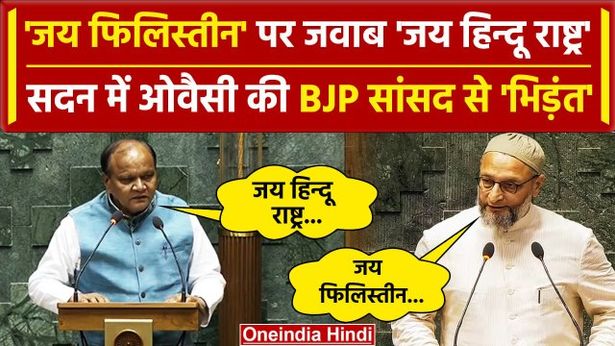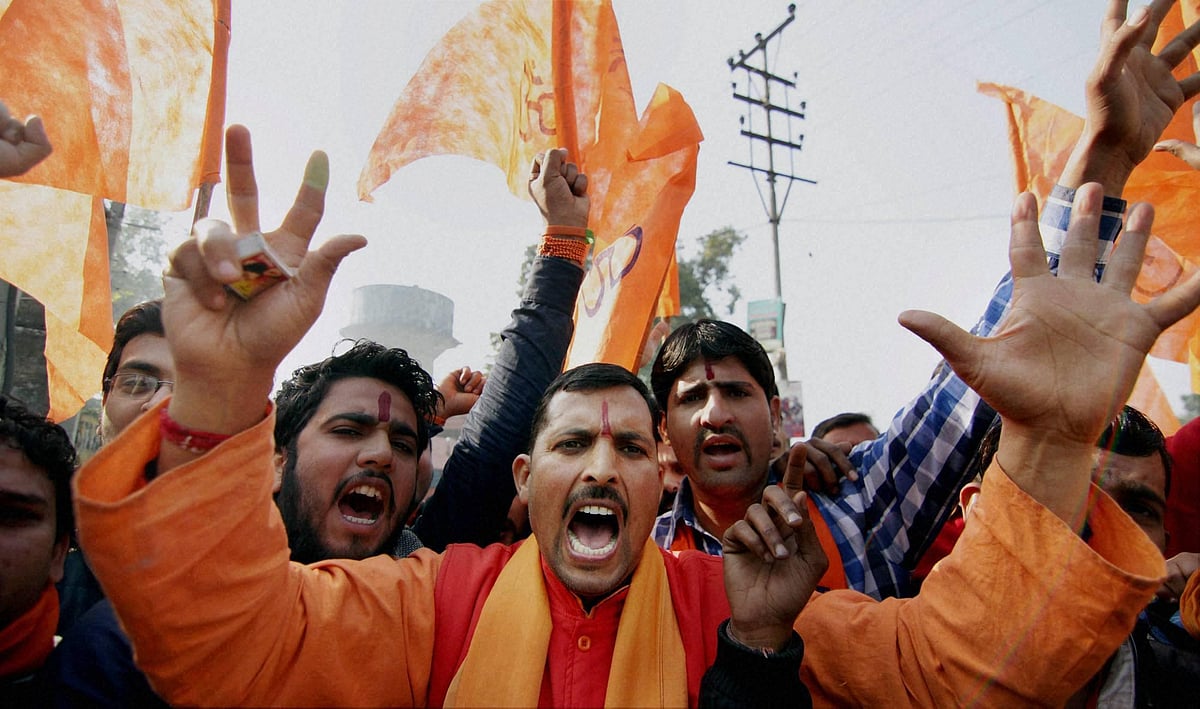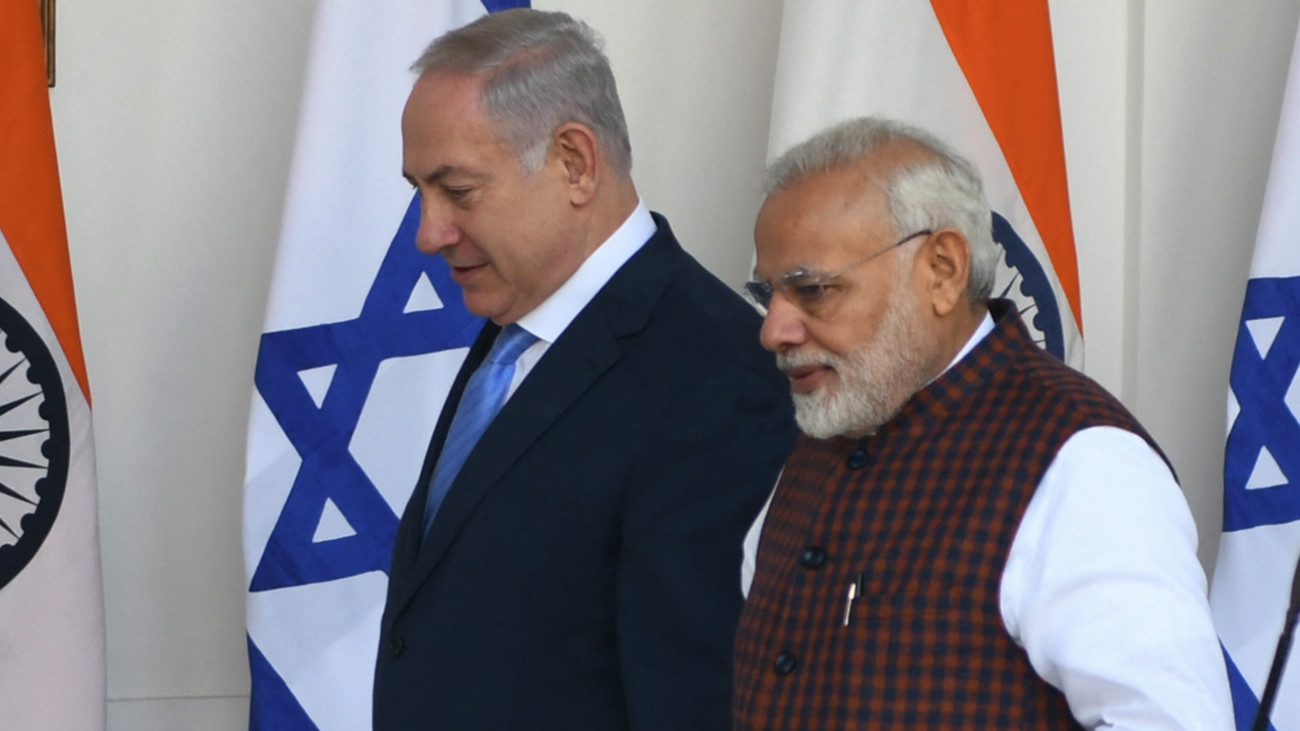Jai Hindurashtra VS. Jai Palestine: Political Struggle
Jai Hindurashtra VS. Jai Palestine: Political Struggle
The ongoing conflict between the ideologies of Jai Hindurashtra and Jai Palestine reflects deep-seated geopolitical, cultural, and religious tensions that have implications for regional stability and global politics. This article explores the origins, key events, and potential resolutions of this complex and multifaceted conflict.
Historical Context
Jai Hindurashtra: Jai Hindurashtra is an ideology advocating for a Hindu nationalist state in India. Rooted in the philosophy of Hindutva, it seeks to establish a political and cultural hegemony based on Hindu values and traditions. This movement has gained significant traction in recent years, particularly under the leadership of political figures who emphasize India's Hindu identity and heritage.
Jai Palestine: Jai Palestine refers to the movement for Palestinian self-determination and statehood. The struggle for Palestine is characterized by the desire for an independent state free from Israeli occupation. This movement has been marked by decades of conflict, negotiation, and international diplomacy, with the core aim of achieving sovereignty and recognition of Palestinian rights.
Key Events and Tensions
Religious and Cultural Clashes: The ideological clash between Jai Hindurashtra and Jai Palestine is partly rooted in religious differences. While Jai Hindurashtra emphasizes Hindu nationalism, the Palestinian movement is predominantly supported by Muslim nations and communities. This religious dimension adds a layer of complexity to the conflict, fueling cultural and ideological opposition.
Geopolitical Alliances: The conflict is also influenced by geopolitical alliances. India, under the influence of Hindu nationalist ideologies, has strengthened ties with Israel, which is seen as a strategic partner. This alliance has implications for India's stance on the Palestinian issue. Conversely, many Muslim-majority countries support the Palestinian cause, leading to diplomatic tensions and rivalries.
Violence and Protests: The tension between these ideologies has occasionally erupted into violence and protests. In India, there have been incidents of communal violence where Hindu nationalist groups clash with Muslim communities. Similarly, in the Palestinian territories, there have been numerous uprisings and confrontations with Israeli forces, leading to significant casualties and humanitarian crises.
International Reactions
Support for Jai Hindurashtra: Countries aligned with India’s geopolitical interests often show support for Jai Hindurashtra. These nations view India's rise as a counterbalance to China and support its internal policies and regional ambitions. The support is not unanimous, however, and there are concerns about the implications for minority rights and religious freedom in India.
Support for Jai Palestine: The Palestinian cause receives widespread support from numerous countries, especially in the Middle East and among non-aligned nations. International organizations like the United Nations have frequently condemned Israeli actions in the occupied territories and called for a two-state solution. Despite this, the political and diplomatic efforts to resolve the conflict remain mired in complexity and resistance from various quarters.
Potential Resolutions
Diplomatic Engagement: Resolving the conflict requires sustained diplomatic engagement. For Jai Hindurashtra, this means addressing the concerns of religious and ethnic minorities within India and promoting inclusive policies. For Jai Palestine, it involves renewed efforts towards peace talks with Israel, supported by international mediation to achieve a viable two-state solution.
Economic Cooperation: Economic cooperation and development could serve as a bridge for easing tensions. Joint initiatives in technology, trade, and education can foster mutual understanding and collaboration. Investment in infrastructure and economic projects in conflict areas might provide a platform for peace and stability.
Cultural Exchange: Promoting cultural exchange programs can help mitigate misunderstandings and build mutual respect. Encouraging dialogues between different communities, fostering educational exchanges, and highlighting shared cultural heritage can play a crucial role in bridging divides.
Conclusion
The conflict between Jai Hindurashtra and Jai Palestine is emblematic of broader global tensions involving nationalism, religious identity, and geopolitical rivalry. While the challenges are significant, a combination of diplomatic efforts, economic cooperation, and cultural exchange holds the potential for fostering peace and stability. Understanding the historical context and addressing the root causes are essential steps toward finding lasting solutions to this multifaceted conflict.



Comments
Post a Comment